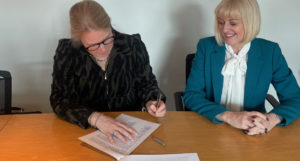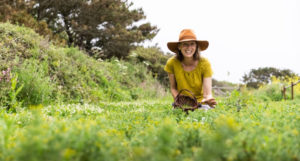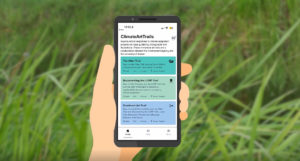UK and Brazilian schools to partner on collaborative climate education programme
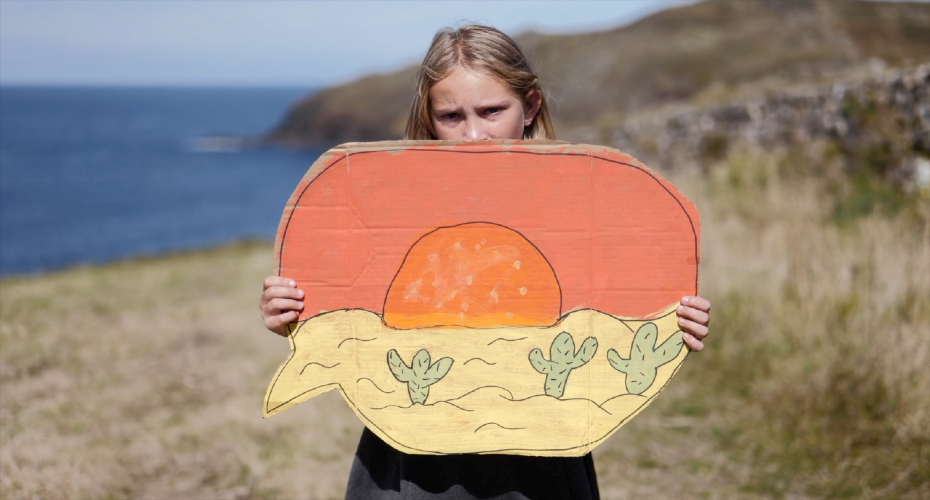
Schools Across the Ocean to be showcased at COP30 alongside Nature Poetry and Climate Cards
Schools from the UK and Brazil are to team up on a collaborative learning programme focused on improving climate literacy and developing personal resilience and creativity.
Twenty-five schools from each country will be twinned through the Schools Across the Ocean programme, uniting 5,000 pupils and some of academia’s leading authorities on the marine environment and climate change.
Each transatlantic pairing will participate in online workshops, learn about one another’s cultures, and work alongside their designated scientist, who will share the latest research on the planet and its ecosystems.
The children will also explore how art and other creative activities can offer them a sense of agency in addressing the plight of the planet.
The project is being led by the British Council, the University of Exeter, and the Met Office, and has reached thousands of children in often rural, coastal, or remote areas of the UK, United Arab Emirates and Azerbaijan – the three previous hosts of the global COP conference.
This year, Schools Across the Ocean is expanding to even more institutions, with Brazilian NGO, the Blue Schools Network, orchestrating recruitment in South America.
“At a time when climate change is a paramount priority for young people worldwide, and governments are recognising the pivotal role of climate education around the world, Schools Across the Ocean represents a truly collaborative and intercultural approach to engaging young people,” says Monomita Nag-Chowdhury, Climate Programmes Lead at the British Council. “The programme has grown year-on-year, and we’re delighted that 5,000 children from the UK and Brazil will have the chance to take this shared learning journey in 2026 as part of the British Council Schools Connect Global programme, and work with truly world-leading experts in their field.”
The third annual Schools Across the Ocean will formally begin at COP30 in Brazil, with the workshops running through February and March next year. Scientists from the University of Exeter, the Met Office, and the University of Khorfakkan will work alongside the children, supported by academics in Exeter’s School of Education.
The programme will be showcased at several events at COP30 by the British Council, alongside a series of climate cards which include artwork created by children who have previously been enrolled on SATO. These cards are designed to help children create and share stories about the planet, and promote curiosity and creative thinking around climate science through storytelling.
“We cannot address the climate crisis through the natural sciences alone,” says Professor Richard Betts MBE, Head of Climate Impacts Research at the Met Office Hadley Centre, and Chair in Climate Impacts at the University of Exeter. “It will require a combined effort of disciplines, with the social sciences, education, the arts and humanities all playing their role in communicating the issues we are facing and the action we must take.
“These projects bring together people of different disciplines to co-create narratives of hope. And it is humbling to see how the young people enrolled on Schools Across the Ocean are uninhibited and clear-sighted in how they imagine a better future for the planet.”
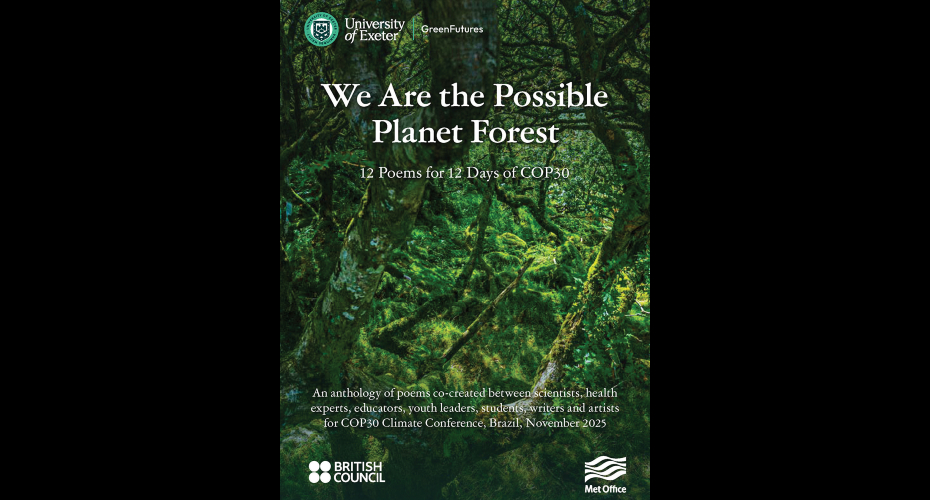
Also showcased at COP will be a bilingual anthology of 12 climate poems, We Are The Possible: Planet Forest, which has been inspired by Belem and the themes of preservation and destruction of forests.
The poems were co-created by 250 scientists, health experts, educators, youth leaders, environmentalists, and artists, brought together in a series of creative workshops facilitated by the We Are The Possible team.
“We Are the Possible links science and arts to communicate the urgent need for positive climate action,” adds Dr Sally Flint, Creative Lead for We Are the Possible and Schools Across the Ocean, at the University. “This year, we took as our starting point a quote attributed to Brazilian writer Clarice Lispector: ‘The future calls me furiously – that is where I’m going…’
“What was evident in the workshops was a clear sense of frustration at the slow pace of policy change, and that has underpinned some of the themes woven through the poetry: the need to quit our addiction to fossil fuels; the importance of forest ecosystems on both the land and in the ocean; and the value in listening and learning from indigenous communities.”
The anthology – the fifth to be produced by the We Are The Possible team – will be shared with policymakers and attendees at COP, and recordings of the poems will be published online, on each day of the conference. They can be accessed through the University’s GreenFutures website, along with further information about SATO.

